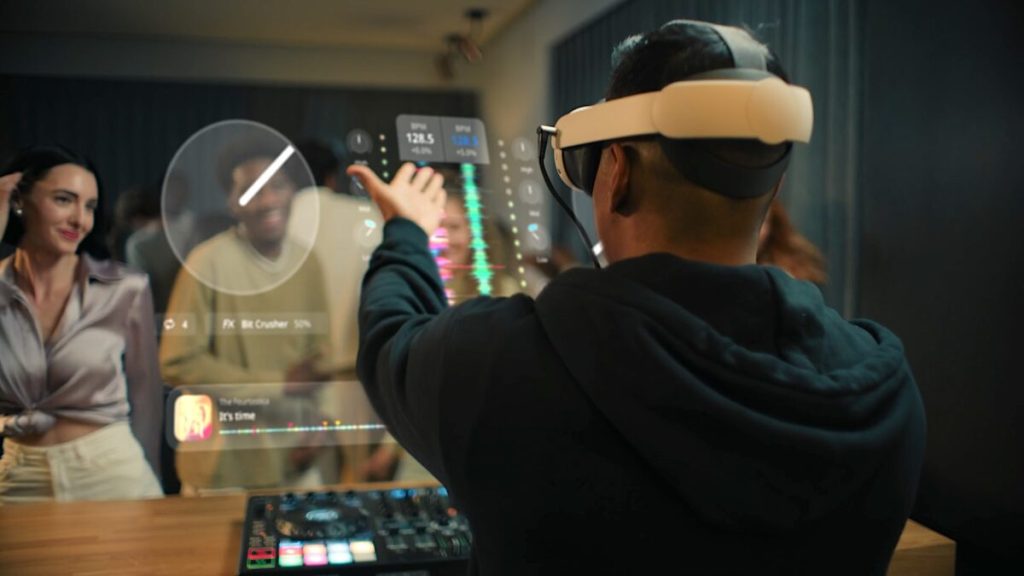Google is intensifying its efforts in the smart glasses and augmented reality (AR) space, unveiling a new Android XR operating system alongside its advanced Gemini AI. The move positions Google against rivals Apple and Meta in the competitive mixed reality market.
Google’s Android XR operating system, developed in partnership with Samsung, is designed to power AR and virtual reality (VR) experiences. Internally known as “Project Moohan,” Samsung’s upcoming device will showcase this new software.
“With headsets, you can switch seamlessly between virtual and real-world environments,” said Shahram Izadi, Google’s vice president of XR, in a blog post. “Gemini, our AI assistant, enables conversations about what you see or helps control your device effortlessly.”
The Android XR system integrates with Google’s Gemini 2.0 AI model, which was unveiled this week as the company’s most advanced AI yet. Sundar Pichai, Google’s CEO, described Gemini as a significant step in creating AI models capable of understanding the world and making decisions.

Gemini’s integration allows users to interact with the digital assistant for tasks such as planning, research, and navigation, all delivered through the wearable device. AI-driven insights and translations are presented within the user’s line of sight or via audio prompts.
Google plans to adapt popular apps, including YouTube, Maps, Photos, and Google TV, to provide immersive experiences through Android XR. Prototype glasses powered by the system will soon be tested by a small group of users.
This isn’t Google’s first venture into smart eyewear. Its 2013 Google Glass release faced backlash due to privacy concerns and limited functionality. The tech landscape has since evolved, with Meta offering affordable Quest headsets and Apple introducing its high-end Vision Pro “spatial reality” device.
Google is optimistic about Android XR’s ability to transform how users interact with technology. Developers are already being encouraged to build games and applications for the platform, aiming to create compelling reasons for users to embrace the hardware.
Gemini-powered glasses aim to provide practical features like navigation and translation, blending AI capabilities with augmented reality. “It’s all within your line of sight or directly in your ear,” said Izadi, emphasising the seamless integration of technology into daily life.


